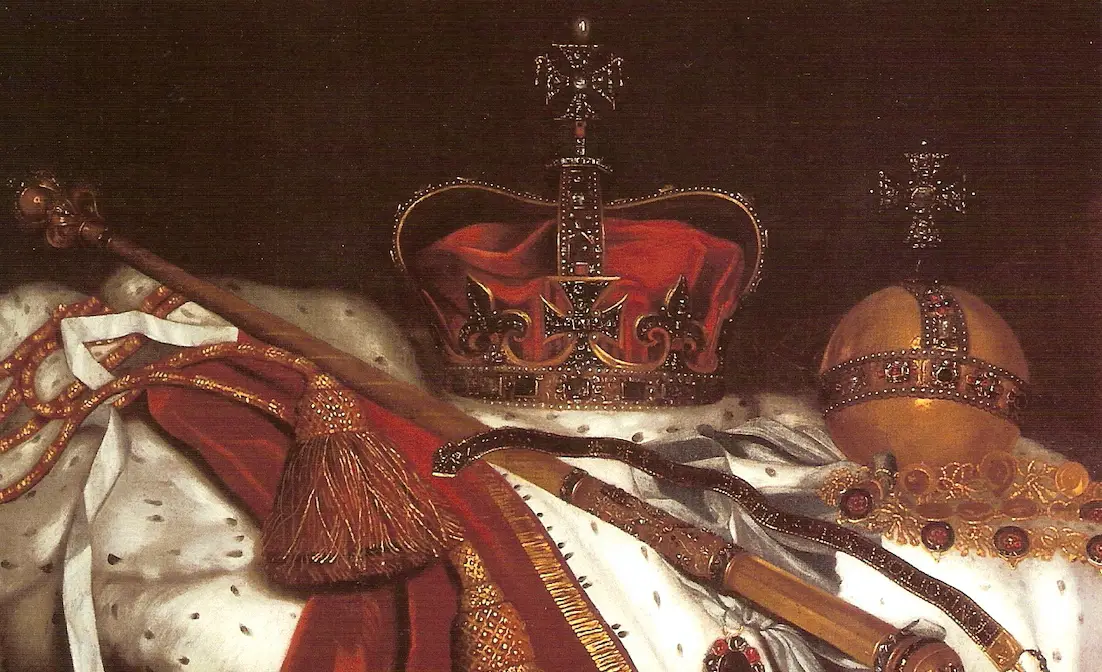A recent scandal in Hungary led to the resignation of the President. The fiasco revealed what was already known by many: that the President, whose role is mostly ceremonial, is a figurehead used by the government to ratify bills. As the parliament elects the president and the government has a majority in the legislature, this is not surprising.
A new President was elected, but some opposition parties didn’t even put forward a candidate saying the process was just for show, because the new president was always going to be the one proposed by the governing party, as they have a supermajority, and thus the new head of state will do their bidding. There were some minor public discussions from the opposition side that there should be a direct election of the president, but there is virtually no chance this would be a reality soon, given that no party achieves any success in the parliament apart from the governing Fidesz as they have a supermajority and a determination not to give hand any chances for other political groups.
The allegation against the president (no matter who occupies the position) of being a figurehead of the government is not unique to Hungary. Allegations also pop up in Poland, for instance.
If we were to look at Freedom House’s index we can see an interesting fact: out of the ten most free countries, seven are monarchies. This is not to say monarchies are necessarily better. There are monarchies which are authoritarian and there are countries, including those in the top places of the Freedom House index, which are constitutional monarchies, where citizens control politics democratically, despite the existence of a monarchy. Plus, there are plenty of successful monarchy-free democracies. Finland, for instance, sits in top spot in the index and is not a monarchy.
But there is an upside in having a monarch as a head of state. It provides stability. The monarch is beyond politics. They are groomed for the job for their whole life. They provide constancy in an ever-changing world and normalcy in an ever-changing political scene.
As they are not involved in party politics, they can safeguard the constitution, rule of law and democracy, as ironic as it sounds. Modern kings and queens no longer embody God’s will, or a supremacy over people. It is not a coveted job as it requires a lot of sacrifice and suffering despite all the licences and apparent glitz and glamour. It is a lifetime job, and this is what lends a country stability.
Stability is the key, and not the pomposity of a kind, queen, duke, or duchess. A head of state beyond politics with limited powers in constitutional monarchies strongly rooted in democracy and liberal values are better than mere puppets of populists with authoritarian tendencies, who serve no purpose and are dependent on the changing wind in politics. What matters is a strong and stable system.
In the United States, there is a presidential system and a strong constitution and civic society, yet the country did not make the top ten in the index. The constitution might be a representation of stability, but apparently, political action and policies did not enable the U.S. to occupy a better position.
An interesting country which did make the top 10, however, is San Marino, where there are heads of states based on the Roman consul system, elected by the legislature every six months.
On the other hand, Finland, the freest country on the list, has a system similar to Hungary’s. There might be a minor debate in Hungary, which will lead nowhere, on changing how the president is elected. There are no serious calls to bring back any form of monarchy.
Apparently, however, constitutional monarchies do better in safeguarding liberty from politicians, but two heads of states in office for a short time also works as does a ceremonial president elected by a parliament in some cases. It is, ultimately, up to the people to defend their freedom and not the head of state or the government. It is the people, after all, in whom true power should lie.



